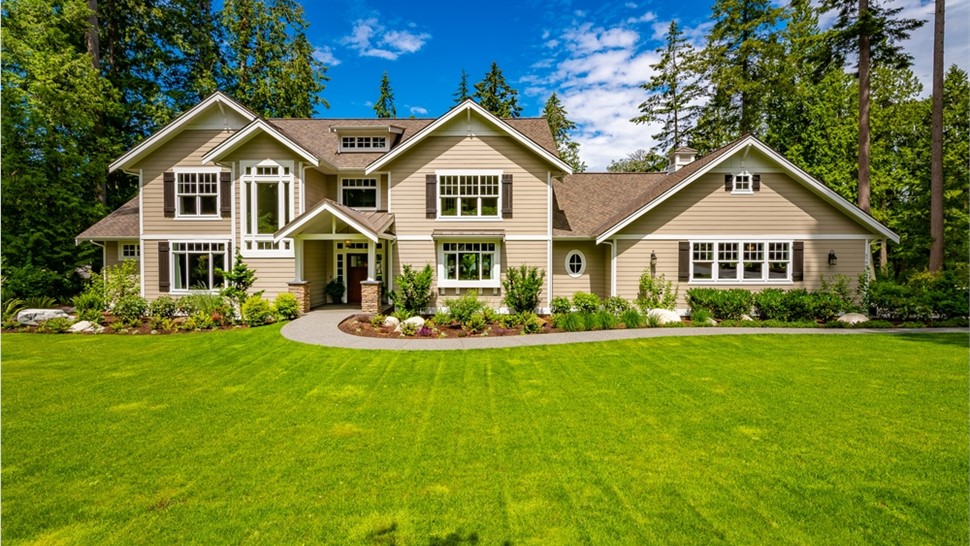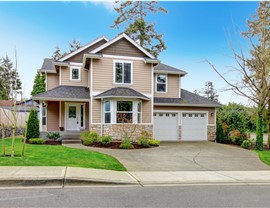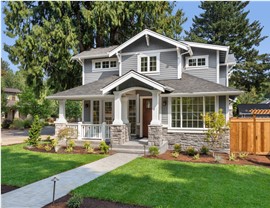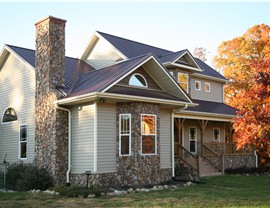As an established Nashville siding company, Tennessee Thermal has worked with many customers to restore their home exteriors. With new siding installation, we can give properties a refreshed look and much better protection against the elements.
We're also a comprehensive siding replacement team with a strong focus on providing friendly and affordable service. Our contractors can create free quotes for any of our siding styles. Plus, we can also connect you with a financing company that may be able to make the initial expense of installing new siding easier on the budget. What are some of our preferred siding materials?
Vinyl Siding Installation
A classic choice for any Middle Tennessee home is vinyl siding, which is widely available and very affordable. If you are on a budget or just need a new exterior now, vinyl can be a good choice. There are several benefits of using vinyl cladding on your home too:
- It doesn't rot or decay.
- Vinyl isn't appealing to pests and insects.
- Most vinyl is mixed with color, so there's no fading or visible chipping.
- It doesn't need painting or staining.
- Solid vinyl or insulated vinyl can improve energy efficiency.
Everlast Siding Materials
We also work with Everlast advanced composite siding, which is a product made from a mix of inorganic minerals and polymer resins. The minerals are present as a form of granular stone, which gives the siding added strength and longevity. Colorants are added during the mixing process to provide solid color throughout each board.
Everlast siding offers certain benefits that other siding material may not for Nashville homes:
- It doesn't require any maintenance.
- Each plank is embossed with real Cedar wood texture.
- Everlast is impenetrable to water and won't split or rot.
- It's also resistant to pests and insects.
- Everlast planks are less than half the weight of fiber cement siding.
- Everlast siding is also made in the USA.
Grab a Free Quote for Any of Our Siding Types in Middle Tennessee
Your search for a siding installer in Nashville is at an end. Choose Middle Tennessee's favorite siding company to take care of your next project. Tennessee Thermal can set up an in-home consultation with one of our specialists right away.
Our BBB-accredited and A+ rated remodeling experts can also be your go-to:
- Window Installation Crew
- Bathtub Replacement Contractors
Just give us a call to reach a representative who can help you schedule an appointment at your convenience.






